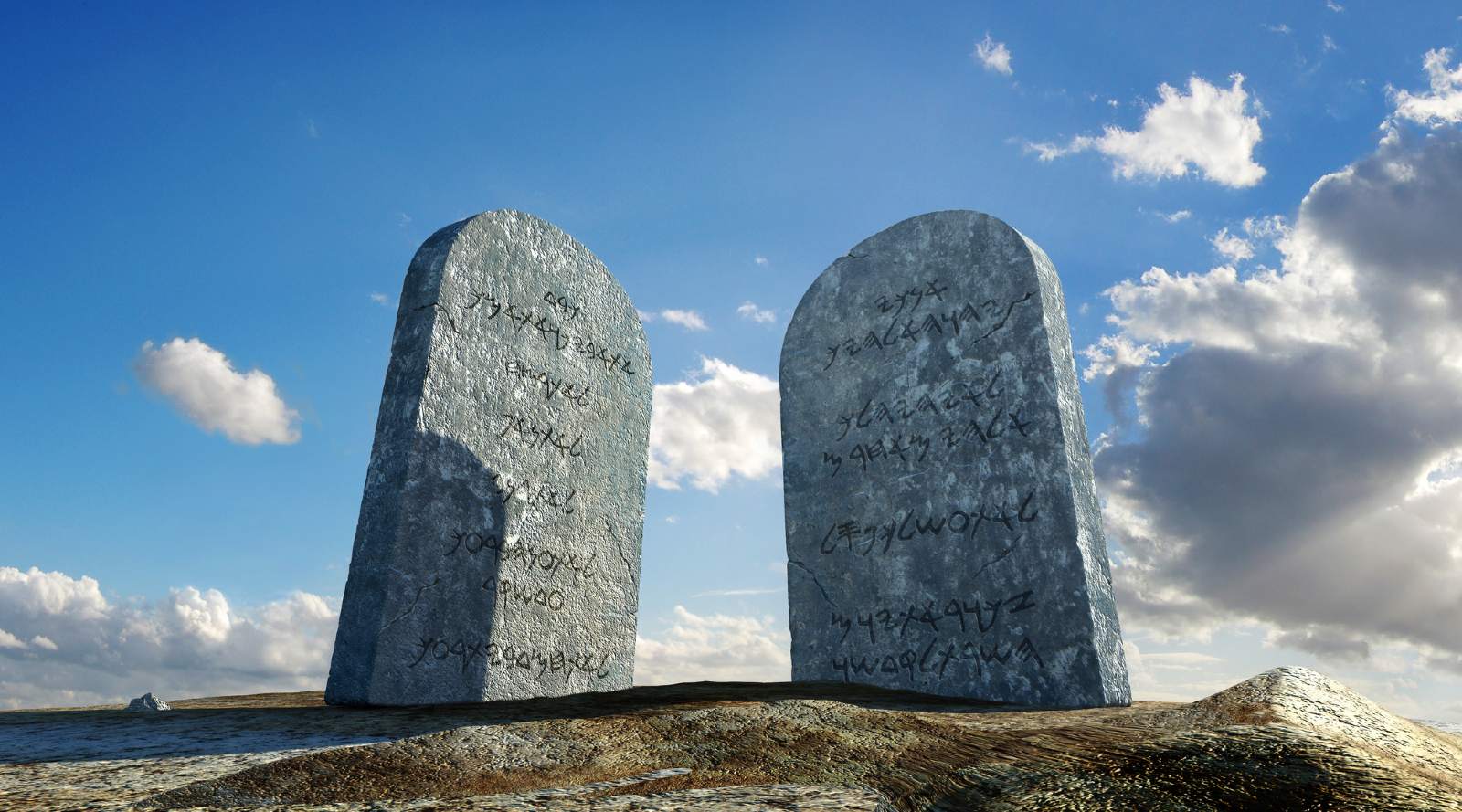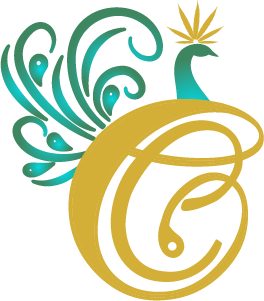
“Do you believe in the ten commandments?”
It’s a question I would expect to hear from a priest, but not from an elected government official. As I stood before two joint committees at my State Capitol in Hawaii, to voluntarily testify about my experience as the only physician outside of Oahu to have written a prescription during our first year of access to Medical Aid in Dying, it was clear I was being accused of killing my patient, and maybe even murder.
I had often wondered whether, if others knew I had helped a terminal patient potentially hasten his death with a legal concoction of lethal medications, there would be a backlash from those opposed to the law? And was it even worth engaging in something potentially controversial (although a majority of Americans and physicians were in favor)? When I saw Hawaii’s first year of data, and that I was the one and only doctor in our state outside of Oahu to prescribe, the importance of speaking out became obvious.
I was not there to debate the Our Care, Our Choice Act, which took effect over a year ago. It allows competent adults, with 6 months or less to live and who’ve gone through the state-mandated eligibility process, to request their physician prescribe them medication which will hasten their impending death. Instead, I was there to share my experience and to offer my support for the amendments being proposed by the Department of Health, to ensure that all residents of Hawaii had better access. It was clear from our statistics that access was a huge issue. Although I didn’t take the Representative’s baited question, it was clear he was both religiously opposed to the law, and not well educated on end-of-life care in general.
However, this anatagonistic soul offered me a lovely opportunity to dispel misinformation, damnation and fear, so that each one of the representatives could make an informed decision. He also inspired this writing, which I hope helps my readers make thoughtful decisions that are in alignment with their own personal ethics around their own end-of-life care.
The reasons most often cited that end-of-life care, and particularly Medical Aid in Dying (MAID), has not been adopted by more physicians in my state is that Hawaii has such a huge shortage of doctors. Last I checked, we are down at least 44% of doctors needed to adequately treat the population. Those doctors that are here are already overworked just providing basic healthcare and overburdened by the broken system.
Although I absolutely agree that these are huge contributors to the barriers of access, that state elected representative got right to the very core of the debate, which is not often acknowledged. I also believe that I am the only doctor who has been willing to prescribe on a neighboring island, as of this writing, because other doctors are afraid of damning responses like this man’s implied accusation.
With his insensitive, accusatory question, which had nothing to do with the amendments being proposed, this previously slumbering official awoke from his siesta and shed the most brilliant light. He had surely pushed my buttons, including the big red one of fear. What would others think?
I had tried to make myself believe that I did not allow the opinion of others to affect my medical judgment when it came to MAID. My colleagues, my family, my friends, my community, my hospital, myself and yes, my God, the non-hellfire, loving presence that I had known since childhood despite human dogma and judgment, are all very important to me. Luckily, my dying patient had already taught me much about my own fears and convictions before I ever dreamed of using my voice at the Capitol.
I knew the theory and the 30-year statistics behind the laws in other states well before it was enacted in ours. It was clear to me that this law not only helped the individual, but society as a whole when it came to better communication and access to end-of-life care overall. It basically forced addressing the subject of death, which most people, including doctors, try to avoid.
Knowing all these facts, I was surprised at my own heart-wrenching sobs the moment I listened to the phone message from my first terminal patient requesting help with accessing MAID. Hadn’t I already decided I was in favor of the law? On the surface, I heard his feelings of abandonment from his own primary and specialty care doctors, who had refused to even engage with him in his request, and that caused me great pain. There were also tears of gratitude and feeling humbled that another human who didn’t even know me was willing to put his trust in me with such an intimate subject.
But down deeper, there was that red button which this special patient had also pushed, in a much earlier, gentler and nobler way. He was asking me to not just theoretically support his choice, but to use my medical degree to help him access it. I was being asked to put the theory into action – put my money where my mouth is, if you will – and I found was somewhat frightened. It can be lonely and isolating to step out into the unknown.
That fear and apprehension lifted the moment I met my patient. All those deep subconscious worries of the opinions of others fizzled away, and I was left with one of the easiest medical and ethical decisions I’ve had to make in my long career as a physician. It was going to be my honor to help another human in his request for access to MAID. My state had given me that ability when it had enacted the Our Care Our Choice Act. And, I knew deep in my soul that I was at peace, and in alignment with my own ethics, the Hippocratic oath, and my God’s “commandments.” And so, I have created a few of my own related to Medical Aid in Dying and Life & Death wellness:
1. Thou Shalt not be an insensitive jerk.
Much like that representative, I have heard some very flippant and hurtful comments directed at the dying and their physicians who provide them access to MAID. Please be mindful and thoughtful in your words when you disagree, especially with someone who is dying. You will never understand their path until you walk in those terminal shoes and have to make your own decisions.
2. Thou shalt not call Medical Aid in Dying the “suicide pill.”
MAID is not suicide, and that’s written into every state law. People accessing this law do not want to die, but they ultimately will. In order to qualify, a disease process must be killing them within six months, as determined by two physicians. They are not killing themselves, and the physician prescribing is not killing them either.
3. Thou shalt educate yourself before making assumptions and judgments.
In this world of misinformation, it is imperative that physicians, lawmakers, and the public truly seek facts and statistics, and then balance that with their own ethics. The majority of the lawmakers that day not only asked very good questions but were truly engaged in what I had to say. In the end my voice, education, and experience did actually seem to matter in helping them make a well-informed decision. Both committees overwhelmingly passed the amendments.
4. Thou shalt not ignore your own fears.
Death is one of the most feared subjects to discuss in our culture, even more than politics. Education and conversation are among the best ways to help alleviate many of those fears.
5. Thou shalt get out and vote.
If I learned anything from this experience, it is that our voices do matter. When we elect government officials, I would encourage looking at their voting record, not just their party affiliation. Educate yourself well before heading to the polls this year. Our votes are our voice.
Image: DepositPhotos.com
